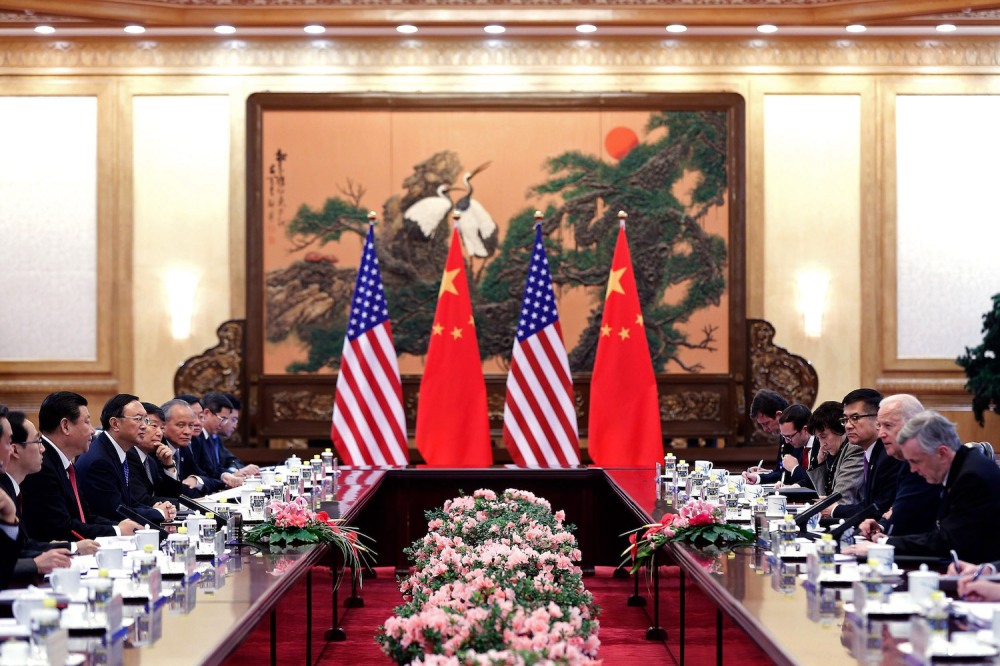China is largely known to be the biggest contributor of all countries to climate change when it comes to levels of greenhouse gas emissions. Recently, tensions ran hot between the U.S. and China when discussing the level of commitment to solving climate change.
At the United Nations’ (UN) climate summit, China’s president Xi Jingping was clearly missing, while U.S. President Joe Biden made an attempt to show by attending the first two days. This lack of attendance from China was criticized by Biden, who claimed that it would be a “big mistake” to miss the climate summit, as it would poorly reflect Beijing and its influence.
The climate summit is held to bring together major world leaders in order to attempt to solve the rising issue of global warming and climate change. The location changes every year it meets. This year’s conference is being held in Glasgow, Scotland.
Other political issues like weapon purchases have made China and the U.S. even less friendly to one another. Biden’s commentary on China’s president’s missing attendance was “The fact that China, trying to assert understandably a new role in the world as a world leader, not showing up? Come on.”
He further on emphasized his dissatisfaction with, “How do you do that and claim to have any leadership mantle?” China did not simply take that silently without rebutting. Wang Wenbin, China’s Foreign Ministry spokesperson, highlighted that China was committed to fighting climate change by not simply relying on words, but by taking action.
Attending the climate conference has several political benefits. Leaders can network and engage with one another, possibly laying the groundwork for future liaisons. At the same time, representatives and leaders of countries have the ability to leave a positive impression on how much their respective country truly cares about climate change.
Biden representing the U.S. with his attendance this year was incredibly important due to the last administration’s attempt and decision to back out of the Paris agreement. It lent itself as an opportunity to demonstrate and impress onto people that the U.S. is back in the game, and cares more about climate change than ever.
Some considered the missing representatives a big warning sign. Both Russia and China failed to make an appearance.
China’s climate goals are lackluster and very much behind the U.S. One goal is to achieve net-zero emissions by 2060, which is just one example of China’s seemingly lack of interest and commitment to climate change. Many countries are committing themselves to achieve that goal at least a decade before 2060.
This isn’t the first time recently that the U.S. and China weren’t seeing eye to eye. Recent military activity near Taiwan raised alarms in the U.S., suspecting that China was going to do everything in its power to become a leading country.
Whether or not tensions will continue is still up in the air. Biden has a visit planned with China’s president virtually sometime this year.


